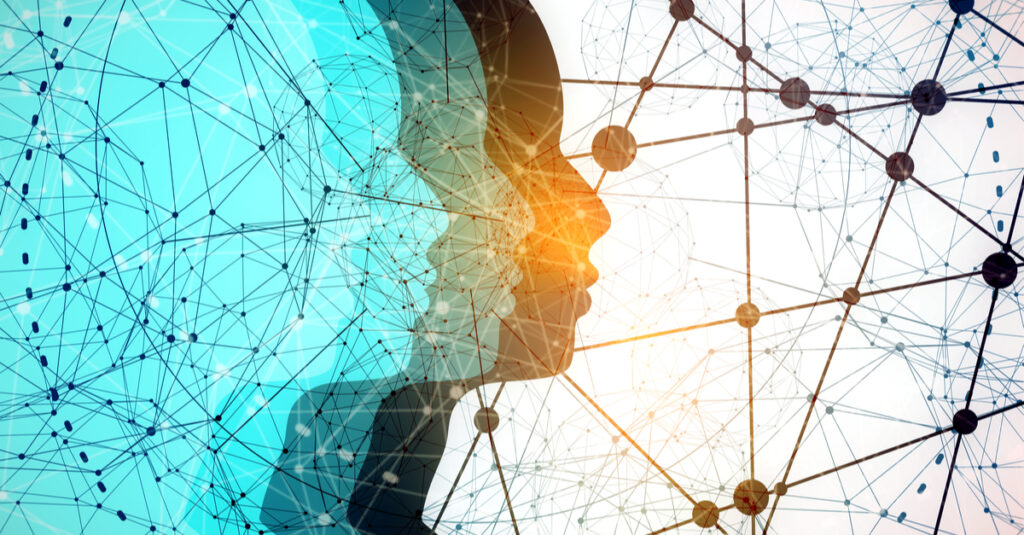Introduction
For more than a century, the promise of stable work and respectable income drew workers to the factory floors and assembly lines of West Michigan. A high school diploma and willingness to put in a good day’s work were essentially tickets to the middle class for generations.
Not so anymore. As we learned in the years following the Great Recession – and witnessed in the span of just a few months during the COVID-19 pandemic – the world of work is changing at an ever-faster rate. Driven by artificial intelligence, automation and an increasingly global economy, this transformation is every bit as significant as the Industrial Revolution.
As automation increases, however, so does employer demand for the innately human qualities – communication, teamwork, problem-solving, flexibility – that help employees thrive in the modern workplace.
This is not the paradox it appears to be. Instead, it is an opportunity: a path for our region and state to take advantage of the modern workplace revolution so new generations can find their place and thrive in the new economy.
This report, a collaboration of Talent 2025 and Calvin University’s Center for Social Research, is intended as a tool to help advance on that path. The following dashboards are provided as public resources to encourage exploration.
We convened groups of stakeholders to make recommendations aligned to the Talent 2025 Working Groups. However, we invite all users to draw their own conclusions and take action needed to ensure our workforce is ready for the knowledge-based economy.
